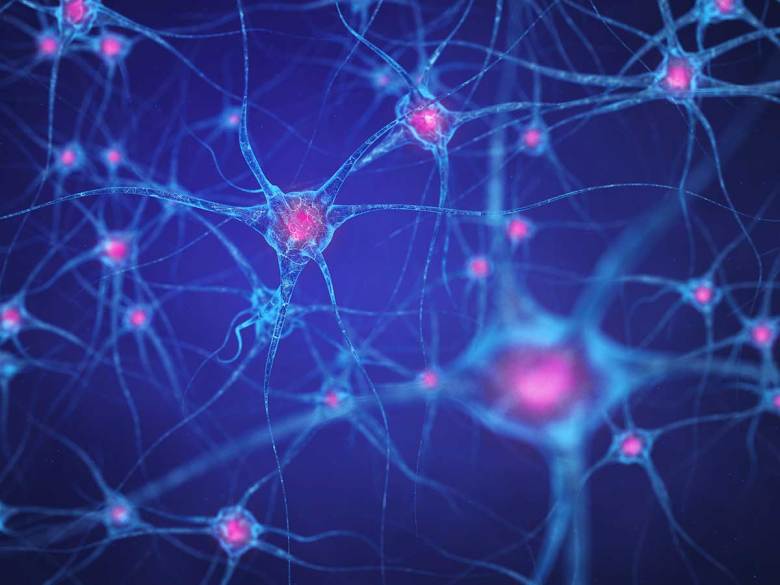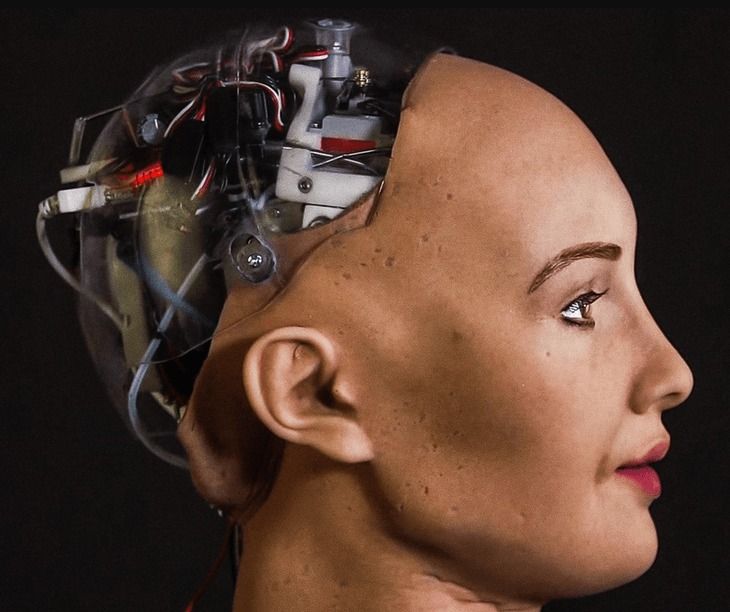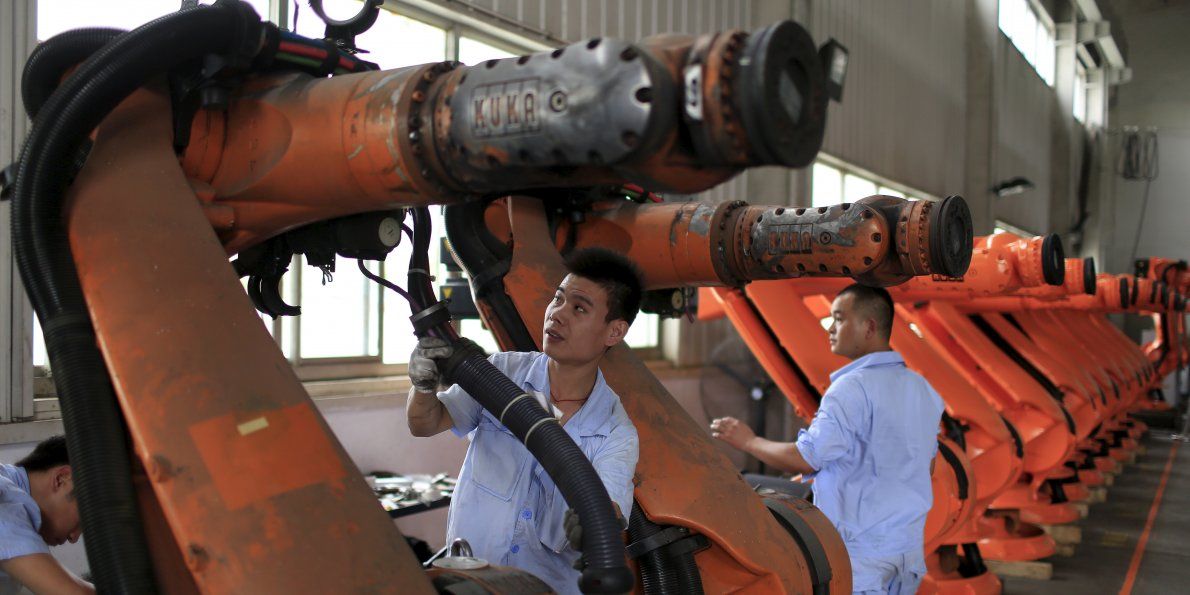I do not think, at least at first, that any brain interfaces for the masses will be anything other than organic. Possibly a synthetic virus that can be inserted and removed without the invasion of instruments. Those things we might have to deal with either way are summarized here.
How closely will we live with the technology we use in the future? How will it change us? And how close is “close”? Ghost in the Shell imagines a futuristic, hi-tech but grimy and ghetto-ridden Japanese metropolis populated by people, robots, and technologically-enhanced human cyborgs.
Beyond the superhuman strength, resilience, and X-ray vision provided by bodily enhancements, one of the most transformative aspects of this world is the idea of brain augmentation, that as cyborgs we might have two brains rather than one. Our biological brain—the “ghost” in the “shell”—would interface via neural implants to powerful embedded computers that would give us lightning-fast reactions and heightened powers of reasoning, learning and memory.
First written as a Manga comic series in 1989 during the early days of the internet, Ghost in the Shell’s creator, Japanese artist Masamune Shirow, foresaw that this brain-computer interface would overcome the fundamental limitation of the human condition: that our minds are trapped inside our heads. In Shirow’s transhuman future our minds would be free to roam, relaying thoughts and imaginings to other networked brains, entering via the cloud into distant devices and sensors, even “deep diving” the mind of another in order to understand and share their experiences.







